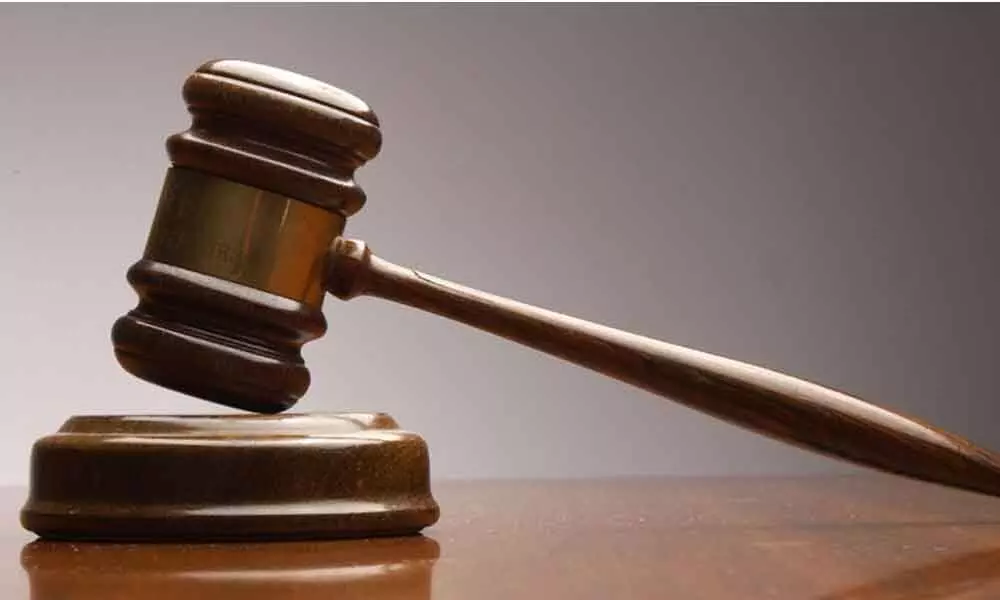Madras HC Urges To Take Steps For Abolishing "Double-Lock" System At Sholingur Temple

Representational Image
- Arulmighu Sri Lakshmi Narasimha Swamy temple, Sholingur, has been advised by the Madras high court to discontinue the double locking.
- The temple's safe has two keys, and one in Theerthakar's custody and the other in that of the Department.
Arulmighu Sri Lakshmi Narasimha Swamy temple, Sholingur, has been advised by the Madras high court to discontinue the double locking. Judge Suresh Kumar suggested that 'theerthakars' to not to claim membership in the temple administration and therefore interfere with the department's decisions. The temple's safe has two keys, and one in Theerthakar's custody and the other in that of the Department.
A petition moved by K K C Yogesh, seeking judicial review of the November 17 departmental notification inviting nonhereditary trustee applications for Arulmighu Sri Lakshmi Narasimha Swamy Temple, was dismissed by the court.
It is the petitioner's contention that such notification cannot be issued without prior notification to him, claiming to be the 'first theerthakar' of the temple. Furthermore, he claimed that a division bench of the court had given such a right to notice to his grandfather, who had also served as the temple's 'first theerthakar' and the custodian of precious decorative items.
Defending the petitioner, advocate-general R Shunmugasundaram said the petitioner was neither a hereditary trustee nor was he a recognized person to serve in any capacity in the temple administration. Following the arguments of the parties, the court stated that the holding a key to a double lock system is not a permanent phenomenon under the scheme.
It is the opinion of the court that, so long as Clause 16 of the scheme remains in place, and it is being implemented up to this date, and unless and until a modification is made by referring it to the commissioner, the double lock system shall remain in the temple.
Regarding the petitioner's claim of right to notice, the court stated that if in any way the petitioner has any influence on the selection of nonhereditary trustees, then he may have some -- only a limited -- amount of influence, for which the petitioner can be permitted to submit his objections to the department, which may consider those before finalizing the list of nonhereditary trustees.
Next Story















